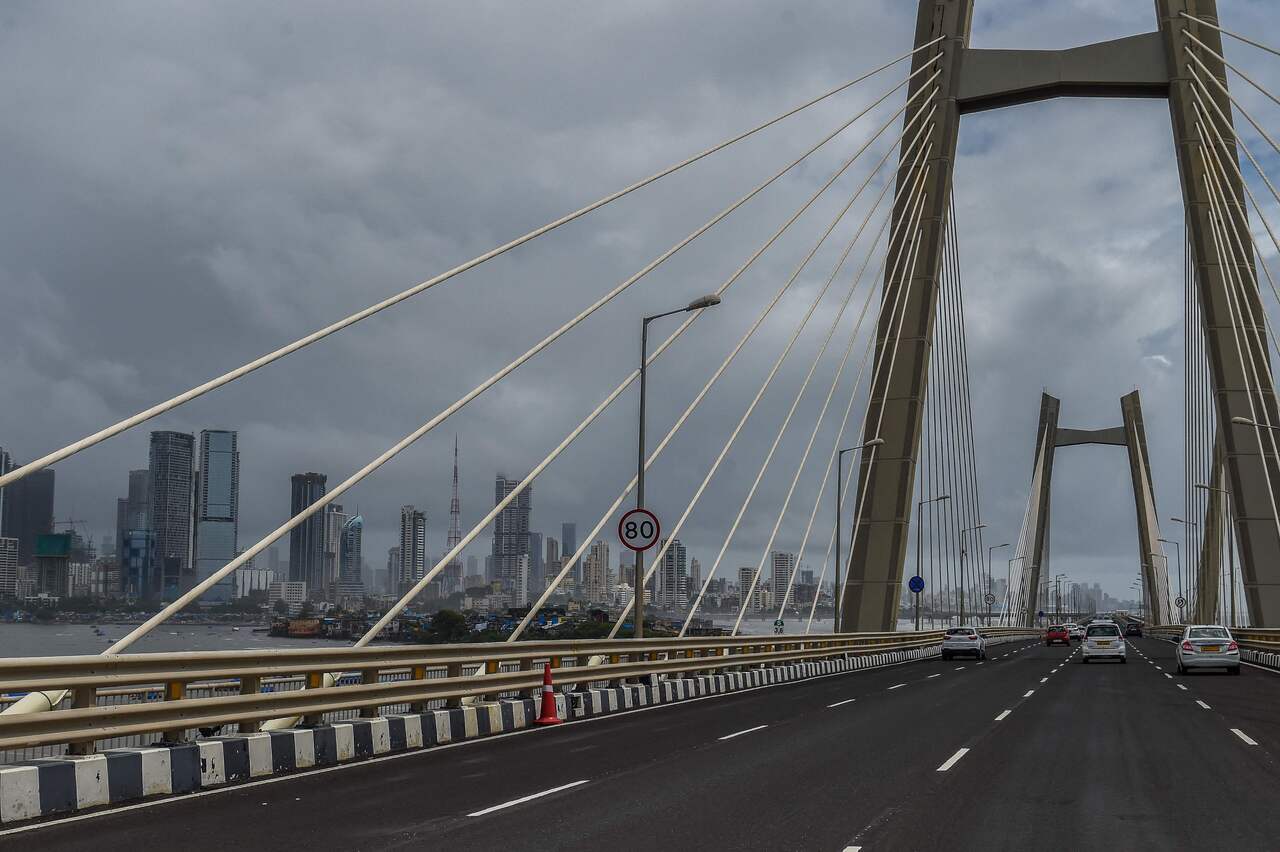India fast-tracks trade deals as Covid-19 upends economy
Sign up now: Get insights on Asia's fast-moving developments

India has introduced production-linked incentives in 13 sectors to boost manufacturing and exports.
PHOTO: AFP
Follow topic:
NEW DELHI - India is picking up the pace of negotiations on free trade agreements (FTAs) with select countries and groupings, less than two years after opting out of the Regional Comprehensive Economic Partnership (RCEP), the world's largest trade deal.
Fuelled by the coronavirus pandemic that has upended the economy and concerns of being shut out from global markets, India is fast-tracking negotiations with the the United Arab Emirates, Britain, Australia, Canada and the European Union, said a top official.
This reverses a go-slow policy on FTAs which successive Indian governments have found politically tricky due to opposition from domestic groups.
In 2019, India opted out of the RCEP - involving all 10 Asean members and key partners Australia, China, Japan, New Zealand and South Korea - on the back of heavy domestic opposition from several industries such as dairy producers and concerns about opening up to China.
Now, India is moving ahead with several other trade deals. It is aiming to conclude an early harvest trade deal, seen as a precursor to an FTA, with Australia by December 2021, while continuing negotiations for a Bilateral Comprehensive Economic Cooperation Agreement.
Early harvest agreements allow countries to avoid contentious issues and negotiate tariff reductions on select items.
India is also working with Britain on an early harvest deal, while India-EU trade talks are set to resume, over five years after they were stalled.
In all, India is currently negotiating 20 FTAs and early harvest deals.
"Recent progress on bilateral trade deals has been more encouraging... This will complement the series of factor market reforms at home, which aims to strengthen the economy's appeal as a manufacturing base and carve a bigger role in the global value chain," said Ms Radhika Rao, a senior economist at Singapore's DBS Group.
India has introduced production-linked incentives in 13 sectors to boost manufacturing and exports.
Limited benefits from previous trade agreements, lopsided trade balance, for instance with the RCEP members especially China, and ongoing push to level the playing field in manufacturing had kept India reticent of joining multilateral trade agreements, Ms Rao added.
Another key factor for India going slow on such agreements previously is widening trade deficits.
A report called Note On Free Trade Agreements And Their Costs by the Indian government's think-tank NITI Aayog said India's trade deficits with Asean, South Korea and Japan had widened post-FTAs. It noted that imports from these FTA partners into India increased more than the country's exports to the countries.
India faces trade deficits with 12 of the 15 RCEP partners, including Singapore.
Its imports from Singapore in the financial year 2018-2019 were US$16.28 billion (S$21.8 billion) and exports from India totalled US$11.57 billion.
But in a post-pandemic world, the government seems to have adjusted its views.
Commerce and Industry Secretary B. V. R. Subrahmanyam said last month that India's FTA with the UAE could be concluded by December.
Commerce and Industry Minister Piyush Goyal also said last month that negotiations were on a "positive momentum" with Britain, Australia, Canada, Bangladesh, the EU and Gulf Cooperation Council nations.
What has added to the sense of urgency is that Indian exports are currently doing well due to a revival in global markets and pent-up demand. Merchandise exports from India hit a record of US$35.43 billion in July 2021 - the highest in nine years.
The government, which has set an ambitious export target of US$400 billion for this fiscal year, has assured the industry that it would hold consultations before agreeing to any FTA.
"As markets are opening up and the global economy is becoming upbeat, I think there is a signal India is giving (that it wants to integrate with global markets). There is also a feeling that doing preferential deals is going to get us in a better position to achieve those export targets," said Professor Biswajit Dhar, a trade expert from Jawaharlal Nehru University.
"But how are you going to manage your domestic constituency is the big issue. That is something the government of India has to work out. RCEP didn't happen because it wasn't able to convince the domestic constituency. And that is not good for India."

